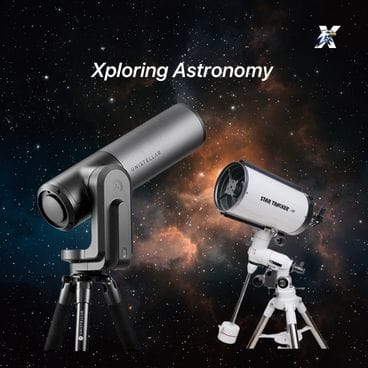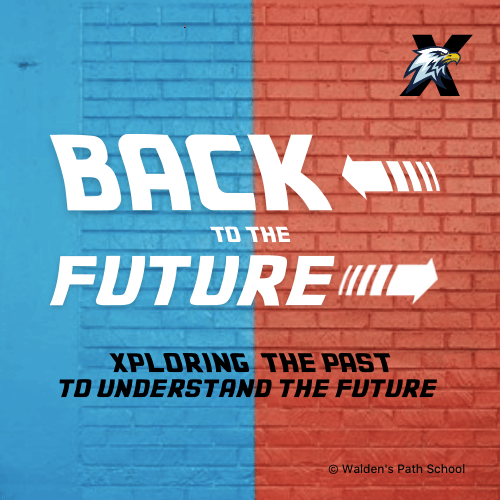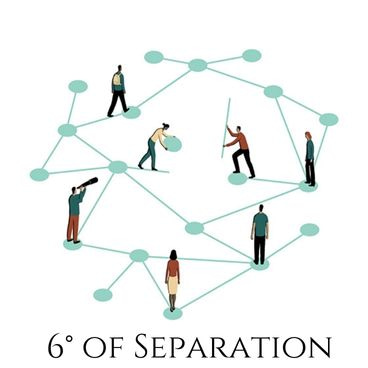Real-world Problem Solving
Learning at Walden’s Path is not about knowing facts, memorising or giving a test. Knowing facts and remembering can be helpful and come in handy in many situations. While taking a test could be a good experience if approached rightly. We do all of them and more.
Moving away from the “I-Teach-You-Learn” approach sounds scary to many. But our students are proof of how they can enjoy learning and navigate themselves when given complex tasks beyond their age and grade levels.
Real-world problem-solving is what we do every day. It requires flexibility, resilience, resourcefulness, and creativity. At the core of this skill is our mental capacity to get out of “sticky situations” or impasses, i.e., difficulties that appear unexpectedly as impassable roadblocks to solving the problem.
Real-world problem-solving differs from those in a classroom or laboratory during an experiment. They are often dynamic and discontinuous, accompanied by many starts and stops. Students are never working on just one problem. Instead, they are simultaneously juggling several issues of varying difficulties and alternating their attention between them. Real-world problems are typically ill-defined; even when they are well-defined, they often have open-ended solutions. Coupled with that is the added uncertainty associated with the solver’s problem-solving strategies.
During these interactions, students might be inspired or arrive at an “aha!” moment. However, they often experience dozens of minor discovery events — “hmmm, interesting…” or “wait, what?…” moments. The solver must iterate through the problem-solving process experiencing and managing these sorts of intervening events. In short, it is messy and involves a tight interplay between problem-solving, creativity, and insight.

Xploring Astronomy
We will be Xploring Deep Sky objects such as nebulae, star clusters, and galaxies with our new Unistellar eVscope and Planetary observations with a Vixen VC200L Telescope.

Back to the Future
We are embarking on a challenging and fascinating project titled 'Back to the Future'.
The world has changed dramatically in the past few centuries, and there is no telling what will happen in the next few years.
Back to the Future is a student-teacher research project that will look at the history of inventions and discoveries in Science and Technology over the past few centuries and the last century, in particular, to understand what we can learn from their success and failures to predict the Future better.
For a long time in history, the effect of discoveries and innovations remained small and took a long time to spread to cause a change. But as technology evolved rapidly, so did its effects. Today the rate of change has reached a point where it is questionable whether the environment can sustain it.
In this journey, we will map significant changes in the evolution of science and technology from the moment early humans started using a stone or a branch as a tool to today's Artificial Intelligence assisted technologies.
Our objective is to study the major forces that have caused significant changes in the past and influenced the Future.

6° of Separation
Six Degrees of Separation: An Interconnected Knowledge-Web Research Project.
Six Degrees of Separation is a Knowledge-Web Project exploring the interconnections in the history and evolution of science and its role in shaping our world. The project will map inventions, discoveries and the people behind them from recorded history. This will also be the first project to map Ancient India's contribution to the evolution of Mathematics, Astronomy and other Sciences.

Project Sukta
Walden's Path has developed a high-quality curriculum for K-12 learners. We are redesigning the curriculum to make it accessible to everyone. Project Sukta (www.sukta.org) will be a free and open learning resource platform for students, parents, teachers and educationists. The learning materials can be self-taught or guided by parents or teachers.
Project Sukta website will be live soon!
